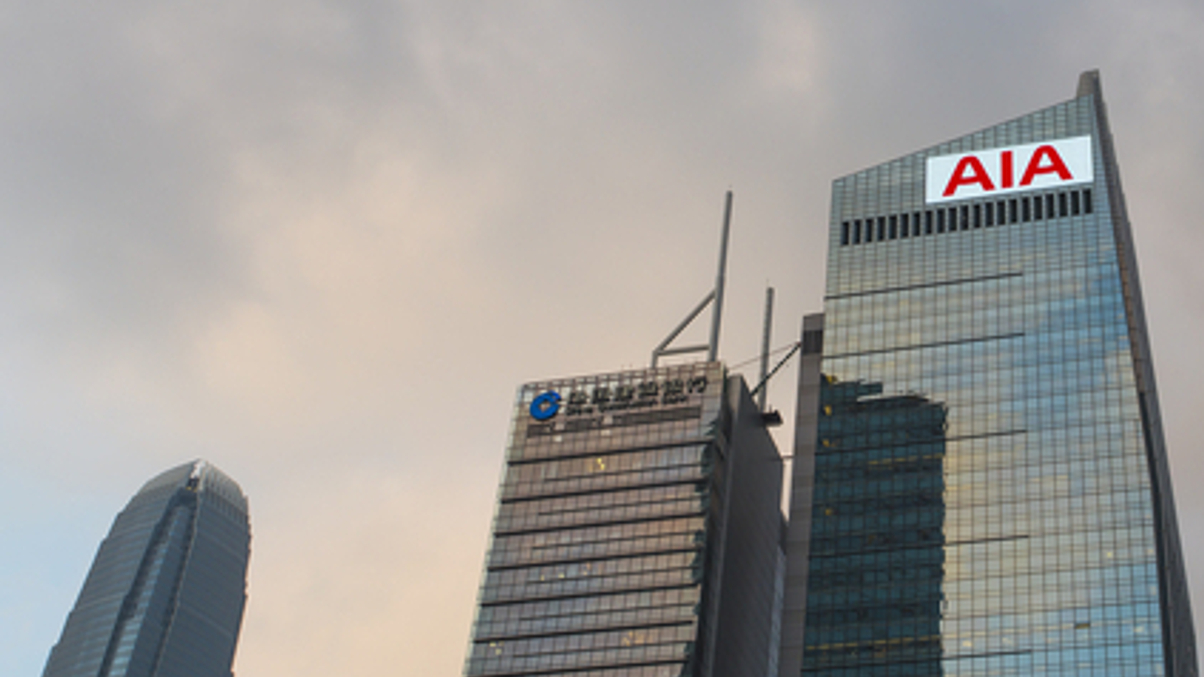AIA eyes more private debt investments
The insurance group sees opportunities to increase private debt in its portfolio mix.

The insurance group AIA is finding private debt investments increasingly purposeful for its portfolio preferences, delegates heard at AsianInvestor’s Investment Strategy Summit in Singapore on May 7.
Sign in to read on!
Registered users get 2 free articles in 30 days.
Subscribers have full unlimited access to AsianInvestor
Not signed up? New users get 2 free articles per month, plus a 7-day unlimited free trial.
¬ Haymarket Media Limited. All rights reserved.


